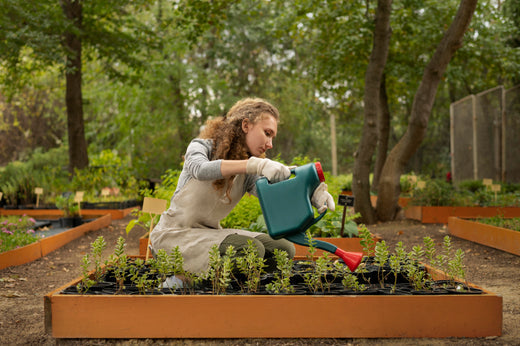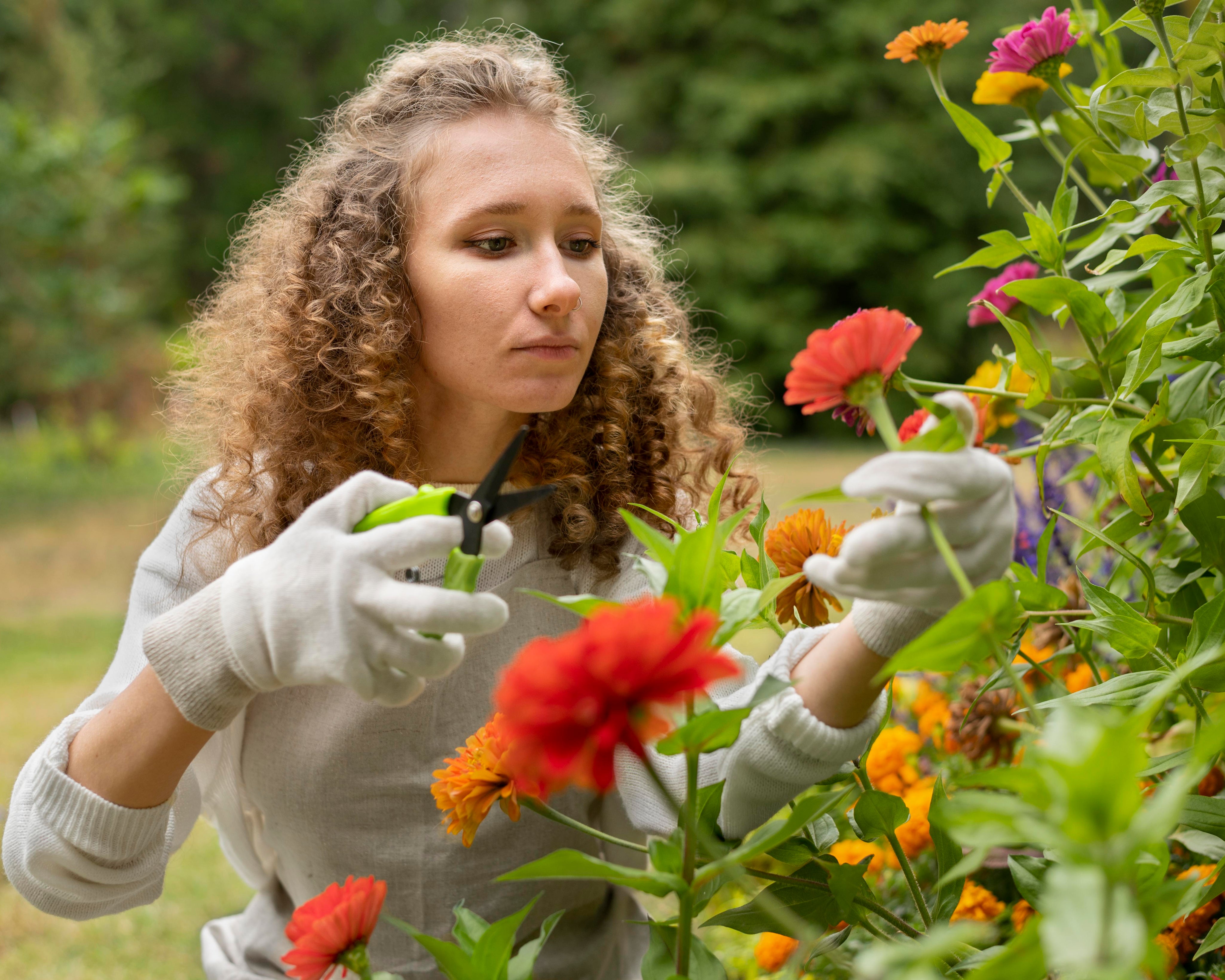Sealord Naked’s Eco-Friendly Packaging: How We’re Reducing Plastic Waste

As gardeners, we understand the importance of nurturing nature—helping plants grow stronger and healthier while protecting the environment for generations to come. But what about the products we use to achieve those lush, thriving gardens? At Sealord Naked, sustainability isn’t just about what’s inside the bottle—it’s about the bottle itself.
Our commitment to reducing plastic waste and minimizing our environmental impact is reflected in our eco-friendly packaging, which is made with 50% recycled plastic. By reimagining the way we package our natural fertilisers, fish fertilisers, and liquid fertilisers, we’re helping gardeners take one step closer to greener practices.
Why Packaging Matters in Gardening
The gardening industry relies heavily on plastic packaging for products like liquid fertilisers and sprays. Unfortunately, much of this packaging ends up in landfills or, worse, in oceans, where it harms ecosystems. As demand for sustainable gardening solutions grows, it’s time to rethink the role of packaging.
At Sealord Naked, we believe that sustainable products deserve sustainable packaging. That’s why we’ve committed to:
- Using 50% recycled plastic in our bottles.
- Reducing the need for virgin plastic.
- Ensuring our packaging remains fully recyclable after use.
By choosing recycled materials, we’re taking plastic that already exists in the environment and giving it a second life—reducing waste and closing the loop.
The Environmental Impact of Traditional Plastic
Standard plastic production is resource-intensive and takes hundreds of years to break down. Every year, millions of tonnes of plastic enter the environment, damaging ecosystems and wildlife. In the gardening world, this can feel counterproductive: how can we nurture nature while harming it?
That’s why eco-friendly alternatives are essential.
- Using recycled plastic reduces carbon emissions during production.
- Recyclable packaging helps keep plastic out of landfills and oceans.
- Supporting sustainable packaging choices reduces the industry’s overall footprint.
By choosing Sealord Naked products, you’re helping support a solution that works for you and the environment.
Eco-Friendly Packaging Meets Effective Gardening
At Sealord Naked, we know gardeners want products that are both effective and sustainable. Whether you’re using our natural fertiliser to enrich your vegetable garden, liquid fertiliser for quick application, or nutrient-rich fish fertiliser and seaweed fertiliser, you can trust that our products:
- Deliver the nutrients your plants need for growth.
- Come in packaging designed to reduce environmental impact.
- Align with your values of greener, eco-conscious gardening.
Good for your plants. Good for the planet.
What Makes 50% Recycled Plastic a Game-Changer?
Incorporating 50% recycled plastic may sound small, but the impact is significant:
- Less Virgin Plastic: Reduces the need to create new plastic, which conserves resources and energy.
- Supports Circular Economy: Recycled plastic keeps waste out of landfills and waterways.
- Reduces Carbon Footprint: Recycling existing materials emits fewer greenhouse gases than producing new plastic.
By committing to this level of recycled content, Sealord Naked is setting a new standard for sustainable gardening products.
Every Choice Counts in the Garden
Gardening is about balance—working in harmony with nature to grow something beautiful. Every choice we make, from the fertilisers we use to the packaging we purchase, can have a ripple effect on the environment.
When you choose Sealord Naked, you’re not just growing healthier plants—you’re reducing plastic waste, conserving resources, and supporting a cleaner planet.
Join Us in Growing Greener Gardens
Sustainability is a journey, and every step matters. By choosing fertilisers packaged in eco-friendly bottles made with 50% recycled plastic, you’re helping to create a future where gardening works for the planet—not against it.
Explore Sealord Naked’s sustainable range and start reducing plastic waste in your garden today!


